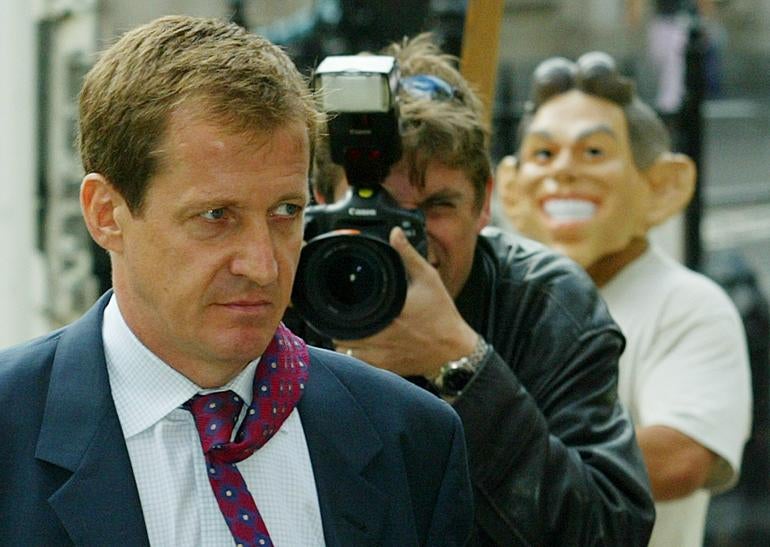
Former Number 10 spin doctor Alastair Campbell has claimed that Prime Minister David Cameron did not want to set up the Leveson Inquiry.
Campbell said comments made at a Westminster lunch by Michael Gove in February were part of a wider Government strategy.
The Education Secretary said the inquiry had given rise to a “chilling atmosphere” which threatened freedom of speech in the UK.
When asked if there was a political will to regulate the media, Campbell replied: “No, if I’m being frank. I thought that Michael Gove’s speech to the parliamentary gallery was part of the political strategy.
“I don’t think that David Cameron particularly wants to have to deal with this. I don’t think he wanted to set up the inquiry. He had to in the end.
“I think it will be very difficult for him not to go along with whatever recommendations – or at least a very large part of the recommendations – the inquiry produces. But I don’t think there’s much of an appetite.”
Campbell was later questioned about three telephone conversations which took place between Tony Blair and Murdoch in the run-up to the Iraq war.
Asked why Blair made time for the calls during a frantic period of diplomacy, Campbell pointed out that Murdoch was a “very significant figure in the media landscape”.
“What I think was going on is that Rupert Murdoch has placed a call and Tony Blair has taken that call, and Rupert Murdoch is just wanting to have a chat about what is going on,” Campbell said.
“Rupert Murdoch, one of the things that makes him different to some of the other media owners, some of whom you saw last week, is that he is a news man. He is interested in what is going on in the world.”
He added: “I think it is a combination of Rupert Murdoch trying to find out what is going on and also probably saying, ‘You know, we’re going to support you on this.'”
Campbell went on: “It doesn’t strike me as that odd, not least because by then I think it is fair to say Tony Blair had very few strong supporters in the media left.”
He pointed out that the men had only spoken on the phone a total of six times between 2002 and 2005. Campbell said that Blair and other members of the Labour government had long believed there was a “real problem” in the relationship between the press and politicians.
However, he they did not take action to address the issues. “I think there was a political point of pragmatism that Tony Blair would have taken the view that it was not politically sensible,” he said. “It is no secret that this was one of the few things that we argued about.”
He added: “He was further of the view that whereas it was possible to fight and win elections and to govern with consensus with some of the media offside, to seek to do so with all of them offside and in kill mode is very difficult indeed.”
Email pged@pressgazette.co.uk to point out mistakes, provide story tips or send in a letter for publication on our "Letters Page" blog
